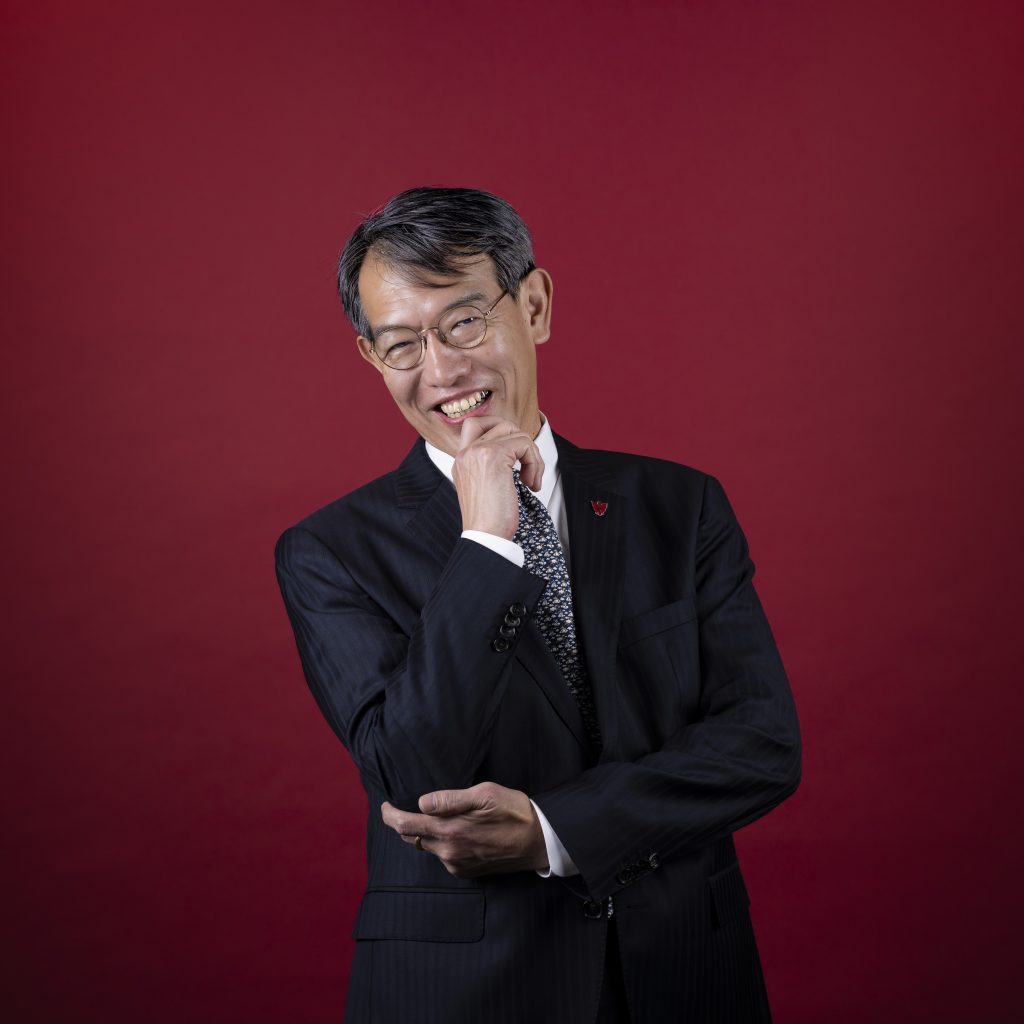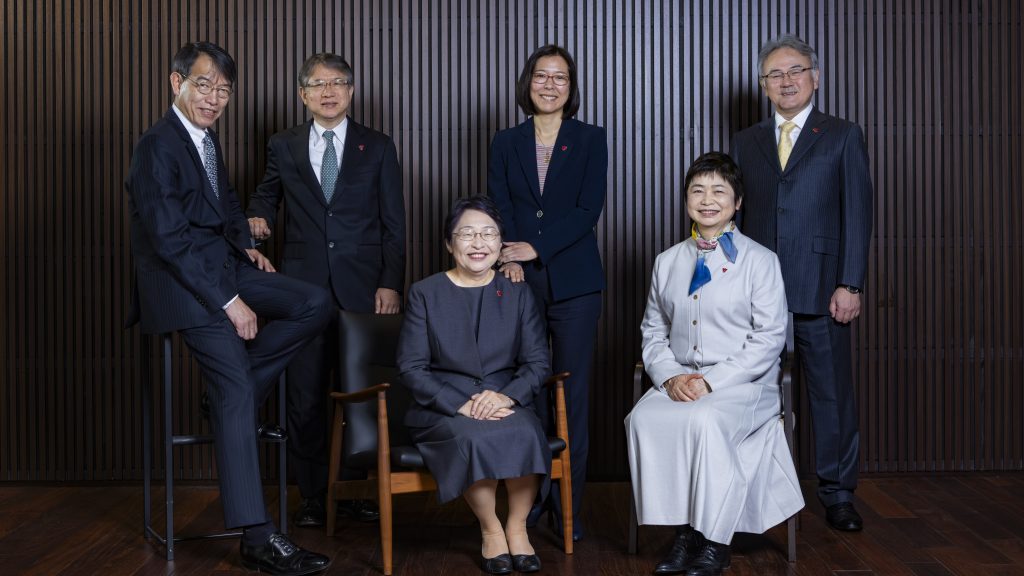A Scholarly Relay Linking Different Generations to the Future

Professor Masayuki Akahori has explored both human diversity and universality through the dual perspectives of Islamic Area Studies and Anthropology. As Vice President for Academic Research Affairs, he discusses how he seeks to strengthen Sophia University’s research capacity and pass it on to the next generation.
Applying Expertise to Strengthen Research Capacity
My specialization is in Islamic Area Studies and Anthropology. Until March 2025, I served as Director of the Institute of Islamic Area Studies, which today remains the only permanent area studies research center in Japan bearing “Islam” in its name. The fact that a Christian university has, over many years, brought together multiple scholars of Islam and established a leading center for their research reflects Sophia University’s openness and its commitment to valuing diversity in scholarship.
At the same time, as an anthropologist, I have sought to integrate cultural anthropology and physical anthropology, engaging openly with researchers across the humanities, social sciences, and natural sciences, both in Japan and abroad. Since April, I have taken on the role of coordinating Sophia University’s wide-ranging research. I find the position of Vice President for Academic Research Affairs especially rewarding as it calls on the collaborative skills I have developed to foster partnerships not only with other universities and research institutes but also, at times, with industry.
Since the tenure of former President Yoshiaki Terumichi, greater resources have been allocated to research, resulting in Sophia University’s research capacity growing steadily. Together with President Sugimura, our new leadership team aims to build on these achievements by establishing a research support system that ensures sustainability while steadily enhancing the depth of research. Our goal is to create an environment in which faculty can pursue their research while maintaining work–life balance, and staff can contribute to research advancement without undue burden.
Enhancing Research Sustainability with a Trusted Support Team
As of July 2025, Sophia University has six University Research Administrators (URAs—specialized professionals who support individual researchers as well as the overall management of research at the university). The Vice President for Academic Research Affairs makes decisions in close consultation with the URAs and many other trusted staff members.
When the URAs analyzed the university’s research capacity, they found that while some researchers excel at securing large grants and demonstrating strong leadership in managing projects, others focus on advancing their individual research achievements and have earned high international recognition. The forms of output are equally diverse: some produce journal articles or books, others obtain patents, and still others create works beyond written texts. In short, the university is home to a wide variety of researchers.
With such a diverse community of researchers, it is not easy to decide whether to create a framework that allows them to demonstrate their strengths in new areas, or instead to focus on further developing their existing expertise. I hope to make these decisions by listening to voices within the university and discussing them with staff. Personally, I believe that pursuing both approaches can create mutually reinforcing effects that will enhance Sophia University’s overall research capacity. At the same time, any framework we establish must also include support for those who, for various reasons, find it difficult to devote themselves fully to research.
As a first step, we are enhancing our support systems to enable retired faculty members to continue their research and apply for external funding such as Grants-in-Aid for Scientific Research (Kakenhi). By securing such funding and engaging in the mentoring of younger scholars, we aim to create more opportunities for knowledge transfer and the development of the next generation. Research is not something that can be accomplished alone; it becomes sustainable only when passed on like a relay across generations. Sophia University seeks to realize the principle of “sustainability” it upholds in the realm of research as well.
Inviting Young People in the Pursuit of Scholarship to Sophia
Despite having produced numerous research achievements both in Japan and abroad, Sophia University still seems to be perceived primarily as an “educational institution.” It will also be important to strengthen our collaboration with the university’s Public Relations Office so as to further enhance our ability to showcase our research.
As a founding member of the Faculty of Global Studies, established in 2014, I have had many opportunities to interact with high school students. From this experience, I have come to realize that not only those who actually enroll, but also those interested in studying at Sophia University, tend to show a strong interest in research—regardless of whether they intend to pursue a career as researchers. For students who wish to deepen their academic interests at Sophia and apply them to their own lives, the university’s research capacity is an important factor in their decision-making.
In today’s society, filled with challenges that have no clear answers, the academic skills cultivated through research can become a powerful asset. The process of identifying problems, formulating hypotheses, and testing them provides the foundation for building a better society, and is indispensable in any profession. Those who choose to study at Sophia University seem to understand this well. To help high school students and many others gain a deeper understanding of Sophia University, efforts to publicize our research activities will play an essential role.
Universities are merely waypoints in a lifelong journey of learning. We hope that those who come to Sophia University will be individuals who cultivate a foundation for lifelong learning and apply it to their own lives. They will understand the social significance of research and contribute to it—either by engaging in it directly or by supporting it in spirit.
